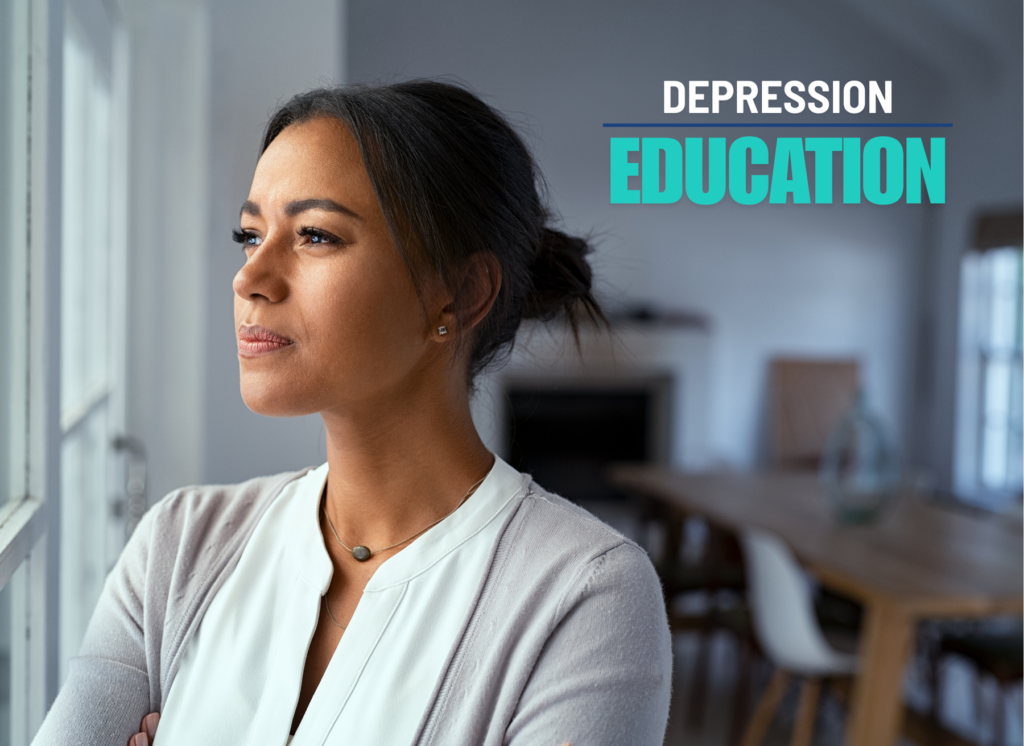Depression Education Month: Why It Matters
October is Depression Education Awareness Month, an important time to focus on one of the most common mental health conditions worldwide—depression. While it might be prevalent, depression is often misunderstood or stigmatized, leaving people to suffer in silence. That’s why learning about the signs and symptoms is so critical.
What is Depression?
Depression is more than just feeling sad or down. It can manifest in various ways, like chronic fatigue, a loss of interest in activities, changes in appetite, difficulty concentrating, or feelings of hopelessness. In severe cases, it can even lead to thoughts of self-harm or suicide.
There are many types of depression. The Substance Abuse and Mental Health Services Administration (SAMHSA) lists several forms, such as:
- Major Depression: Commonly known as clinical depression. This is when someone may feel consumed by a dark mood.
- Persistent Depressive Disorder: This is when someone may go through periods of major depression disorder, but have times with less severe symptoms when they are able to function day-to-day.
- Postpartum Depression: Women may feel this shortly after giving birth. It can cause sadness, anxiety, and fatigue and last for months after childbirth.
- Psychotic Depression: This is a type of depression where people may experience hallucinations or delusions.
- Seasonal Affective Disorder: This is where people experience feelings of sadness during the change in seasons, most commonly felt during the fall and winter months.
- Bipolar Disorder: This is different from depression, but people with this disorder often feel symptoms of major depression.
Why Do People Get Depression?
Many factors cause different levels of depression. A person is at a higher risk of depression if someone in their family has suffered from it.
Other triggers that could heighten the risk for depression may include experiencing trauma, major life changes, stress, and if they suffer from other serious illnesses, such as cancer or Parkinson’s. Depression is also known to be a side effect of some medications.
How Can We Stop the Stigma?
Educating ourselves and others about potential symptoms can help detect depression early on, leading to timely treatment. Reaching out as a loved one and having an open conversation about how they may be feeling plays a key role in supporting someone who may be suffering. Most common methods of treatment are therapy and medication.
Symptoms to look out for can include: Continued feelings of sadness and loneliness, fatigue, insomnia, anxiety, irritability, no longer taking interest in hobbies or activities, and changes to appetite leading to significant weight gain or loss.
Certified Community Behavioral Health Clinics (CCBHC), like Singing River Services, are modeled to have approaches for anyone in crisis.
CCBHCs are available 24/7 and offer personal and family mental health screening, care, and counseling services.



